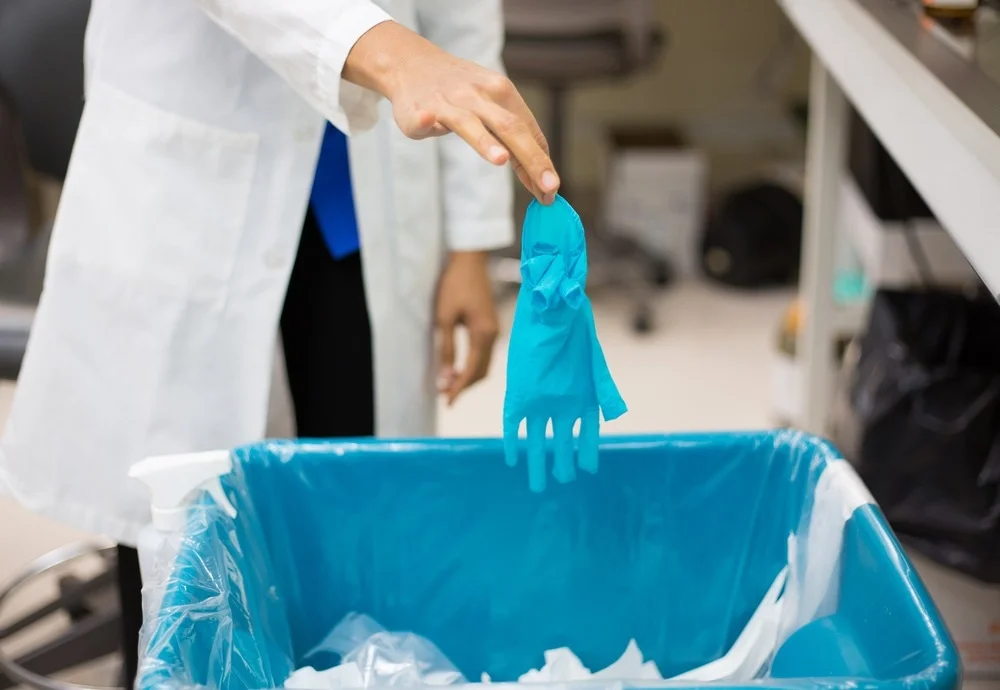Plano’s Biomedical Waste Disposal: Ensuring Sustainability in a Growing Healthcare Hub
Have you ever wondered how the rapidly growing healthcare sector manages the staggering amount of waste it generates? In a thriving hub like Plano, where the healthcare industry continues to expand, proper biomedical waste management is not just a necessity but a moral and environmental imperative. With the increasing demand for healthcare services, ensuring sustainable practices in biomedical waste disposal has become a cornerstone of public health and environmental stewardship.
Why Sustainable Waste Management Matters in Plano’s Healthcare Expansion
Plano is quickly establishing itself as a center for healthcare excellence, attracting top medical institutions and professionals. With this growth, however, comes a parallel rise in biomedical waste—a category that includes everything from used syringes to pathological waste. Mismanagement of such waste not only jeopardizes public health but also contributes to environmental degradation. The city’s commitment to sustainable waste disposal solutions reflects its dedication to balancing growth with responsibility, making it a model for other regions.
Medical Waste Disposal in Plano: A Strategic Approach
Medical waste disposal in Plano involves meticulously structured systems that adhere to both state and federal regulations. Healthcare providers, from large hospitals to private clinics, rely on licensed waste management companies to handle their biomedical waste. These companies employ methods like incineration, autoclaving, and chemical treatments to neutralize hazardous materials while minimizing environmental impact.
Plano’s regulatory framework ensures that all healthcare facilities meet stringent waste management standards, reducing the risk of contamination and disease. By choosing local and compliant disposal services, Plano’s healthcare sector supports a circular economy, where resources are reused, and environmental harm is mitigated.
Innovations in Medical Waste Disposal
Medical waste disposal has evolved significantly, incorporating groundbreaking technologies. Autoclave systems, for instance, use high-pressure steam to sterilize waste, making it safe for landfills. Meanwhile, advanced tracking systems enable healthcare facilities to monitor their waste’s lifecycle—from generation to final disposal. These innovations ensure not only compliance but also enhanced transparency and accountability in waste management.
Plano is also exploring energy recovery technologies, where certain types of biomedical waste are transformed into usable energy. This dual-purpose approach addresses waste accumulation while contributing to the city’s renewable energy goals.
Environmental and Public Health Impacts
Improper disposal of biomedical waste poses severe risks to both public health and the environment. Inadequate management can lead to:
- Soil and Water Contamination: Toxic chemicals and pathogens can seep into the soil and water, affecting ecosystems and human health.
- Air Pollution: Incinerating untreated waste releases harmful pollutants into the atmosphere.
- Increased Disease Transmission: Poor handling practices can expose healthcare workers and the public to infectious diseases.
Plano’s focus on sustainable practices ensures that these risks are minimized, safeguarding the health of its residents and preserving its natural resources.
Collaborative Efforts in Plano’s Healthcare Ecosystem
Sustainability in waste management is a shared responsibility. Plano’s healthcare facilities work closely with regulatory authorities and waste management companies to maintain high standards. Regular audits, staff training programs, and public awareness campaigns are integral to this effort.
Plano’s residents can also play a role. Community programs educating households on proper disposal of sharps and expired medications contribute to a safer environment for all.
Best Practices for Healthcare Facilities in Plano
To maintain sustainable biomedical waste management, healthcare facilities in Plano can adopt the following best practices:
- Segregation at Source: Properly categorizing waste into infectious, non-infectious, and recyclable categories is critical.
- Partnering with Certified Providers: Collaborating with licensed waste disposal companies ensures compliance and safety.
- Investing in Staff Training: Continuous education on waste management protocols reduces the risk of improper handling.
- Leveraging Technology: Adopting digital tracking systems improves efficiency and transparency.
Plano’s Commitment to a Greener Future
Plano’s dedication to sustainability extends beyond healthcare waste management. The city’s broader environmental initiatives—such as promoting renewable energy and reducing carbon emissions—create a holistic framework for ecological stewardship. By integrating biomedical waste disposal into these efforts, Plano sets an example for other cities striving to balance growth with environmental responsibility.
Conclusion
As Plano continues to thrive as a healthcare hub, its approach to biomedical waste disposal exemplifies how innovation, regulation, and community engagement can converge to address one of the most pressing challenges of our time. By prioritizing sustainability, Plano not only safeguards public health but also sets a precedent for other growing cities. Through collective effort, it is possible to create a future where economic growth and environmental protection go hand in hand.






